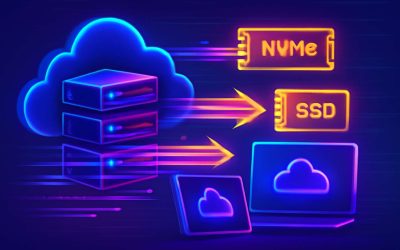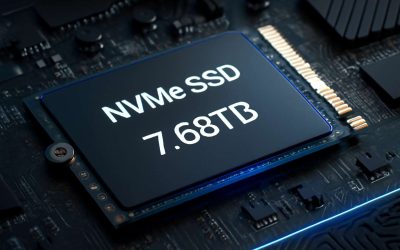
SSDs are a form of solid-state storage device that is designed to provide greater performance and reliability than hard disk drives (HDDs). They are also more durable, and come in a wide range of sizes. However, hard drive prices are generally lower than SSD prices.
SSD Performance: Faster and Easier to Use
The most obvious benefit of an SSD over a hard drive is that it’s faster to read and write data. That’s because SSDs use flash memory chips that are much faster than traditional magnetic hard drives, and they don’t have the same mechanical limitations.
They are also more durable than hard drives because they don’t have moving parts that can wear down over time and cause the disk to malfunction. This makes them a better choice for laptops and other portable devices, as well as in rugged environments that are more likely to be subjected to shocks or vibrations.
A key advantage of SSDs over HDDs is that they’re faster to start up and shut down, as well as to transfer data. These benefits make them a great upgrade if you’re currently using an older PC with a slow hard drive, or if you want to improve the speed of your computer overall.
The other major advantage of SSDs is that they have a higher endurance than HDDs, which means that they’ll last longer and will be able to withstand more wear and tear. You can extend the lifespan of an SSD by storing it in a cool and dry place, and by using it sparingly.
Another important advantage of SSDs over hard drives is that they have a lower power consumption than HDDs. This is because there are no moving parts in an SSD, which reduces the amount of heat it generates, resulting in a smaller enclosure and less cooling needs.
SSDs are available in a variety of capacity sizes, and they can be used as internal or external storage drives. The size and number of storage drives you need will depend on how much data you’re willing to store on your computer, and your budget.
There are three main types of memory technology in SSDs: single-level cells (SLCs), multi-level cells (MLCs), and triple-level cells (TLCs). SLCs can hold one bit of data at a time, while MLCs and TLCs can hold two or three bits of data.
SLCs are the fastest and most durable type of SSD, while MLCs are cheaper than SLCs but are not as fast. They are also not as reliable. Fortunately, there are many clever technologies that can compensate for this. MLC and TLC drives have become common in recent years, but SLC-based SSDs are still quite rare. It’s not possible to produce SSDs with SLC-quality NAND today, so the only way to get the best performance and reliability from an SSD is to invest in high-end NAND.



0 Comments